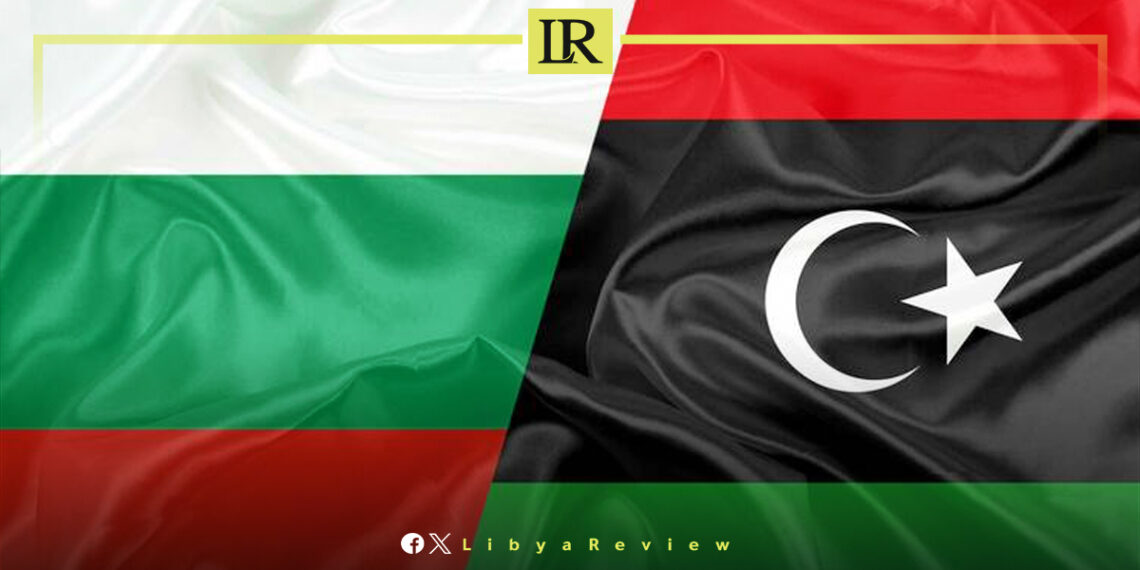On Wednesday, Libya and Bulgaria took a significant step toward strengthening their diplomatic ties by approving a memorandum for regular political consultations between their foreign ministries.
The agreement, endorsed by Bulgaria’s Council of Ministers, is set to serve as the foundation for deeper discussions on bilateral and regional issues, especially as Libya remains a critical factor in the security and stability of North Africa and the Sahel.
The move comes at a pivotal moment in global affairs, with North Africa becoming increasingly important to Europe due to its proximity and growing security concerns. The instability in the Sahel and the rise in migration from North Africa to Europe have brought countries like Libya to the forefront of Europe’s regional strategy. For Bulgaria, forging closer ties with Libya opens the door to enhanced cooperation on these pressing challenges.
Libya’s strategic position in North Africa and its role as a key player in the region’s political and security dynamics have made it an essential partner for European countries. Bulgaria is particularly interested in fostering regular exchanges and consultations with Libya’s foreign ministry to navigate these challenges and explore opportunities for collaboration.
Libya has long been a focal point for Europe’s efforts to stabilize North Africa. Since the fall of Muammar Gaddafi in 2011, Libya has faced significant political upheaval and security challenges, including ongoing conflicts between rival factions, the rise of militia groups, and the country’s use as a transit point for migrants. This political fragility has made Libya a key concern for Europe, as instability in the country directly impacts migration flows and security in the region.
Bulgaria’s approval of the memorandum is part of a broader European effort to engage with North African nations more effectively. The regular consultations established by this agreement are expected to focus on pressing issues such as migration, counterterrorism, and regional security, particularly concerning the Sahel. As the Sahel faces growing threats from extremist groups, Libya’s role in the region’s security architecture becomes even more vital.
The diplomatic relationship between Libya and Bulgaria dates back to 1963 when the two nations formally established ties. Bulgaria opened its embassy in Tripoli in 1966, and Libya followed suit by establishing its embassy in Sofia in 1978. Despite disruptions caused by Libya’s internal conflicts, the two countries have maintained their diplomatic relations, and both sides are now eager to revitalize their cooperation.
In recent years, Bulgaria has expressed interest in engaging more deeply with Libya, particularly in areas such as trade, energy, and security. Libya’s vast oil resources and strategic location make it an attractive partner for Bulgaria and other European nations. This renewed focus on bilateral ties is expected to open up opportunities for collaboration, especially in sectors where Libya’s recovery and reconstruction offer mutual benefits.


